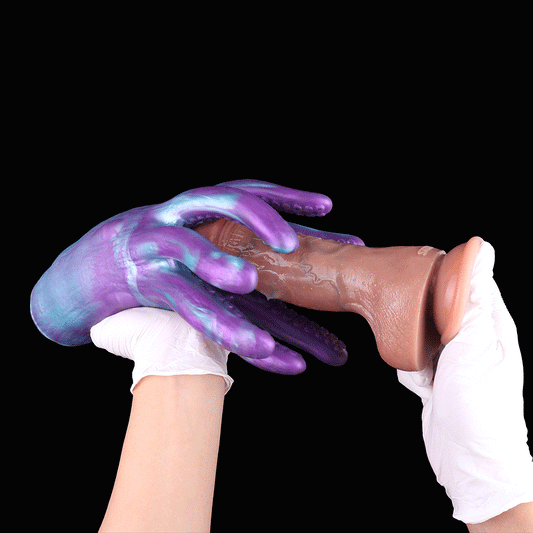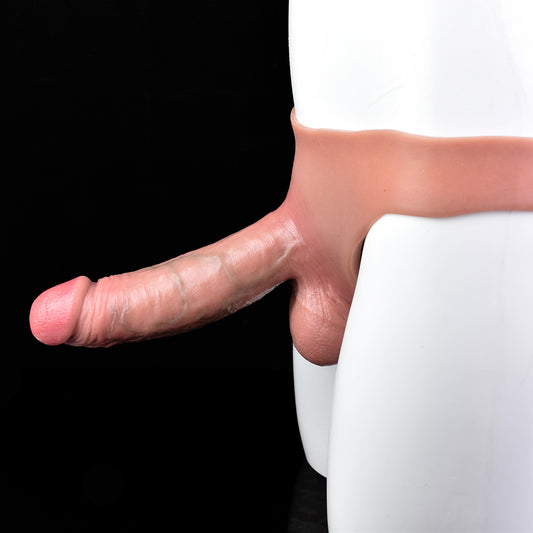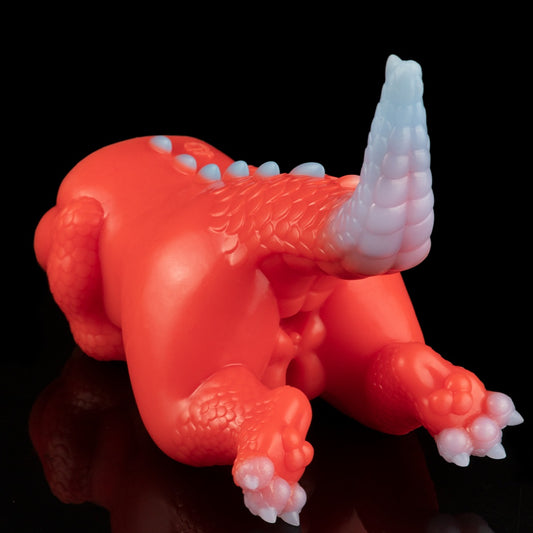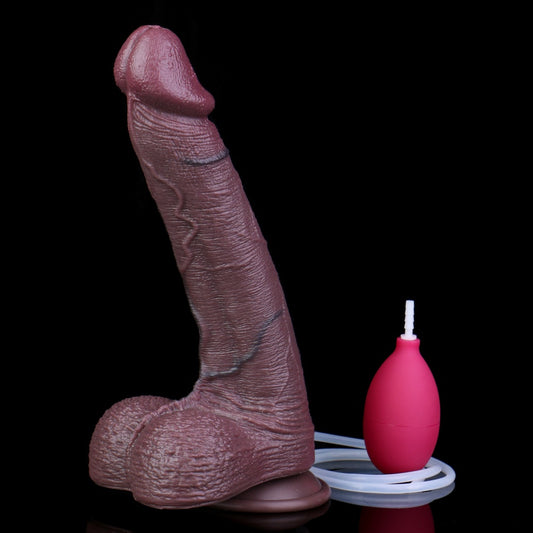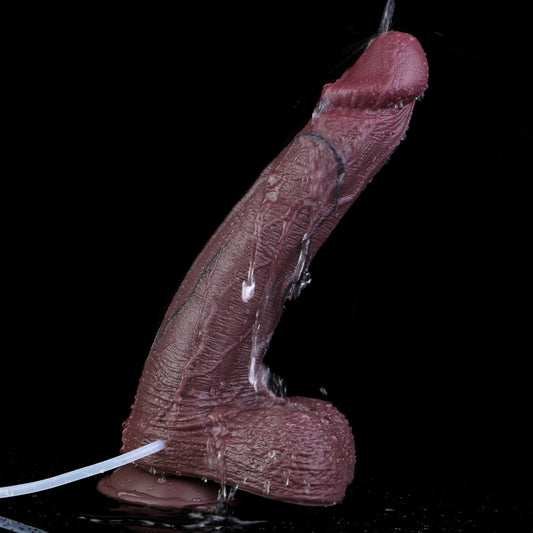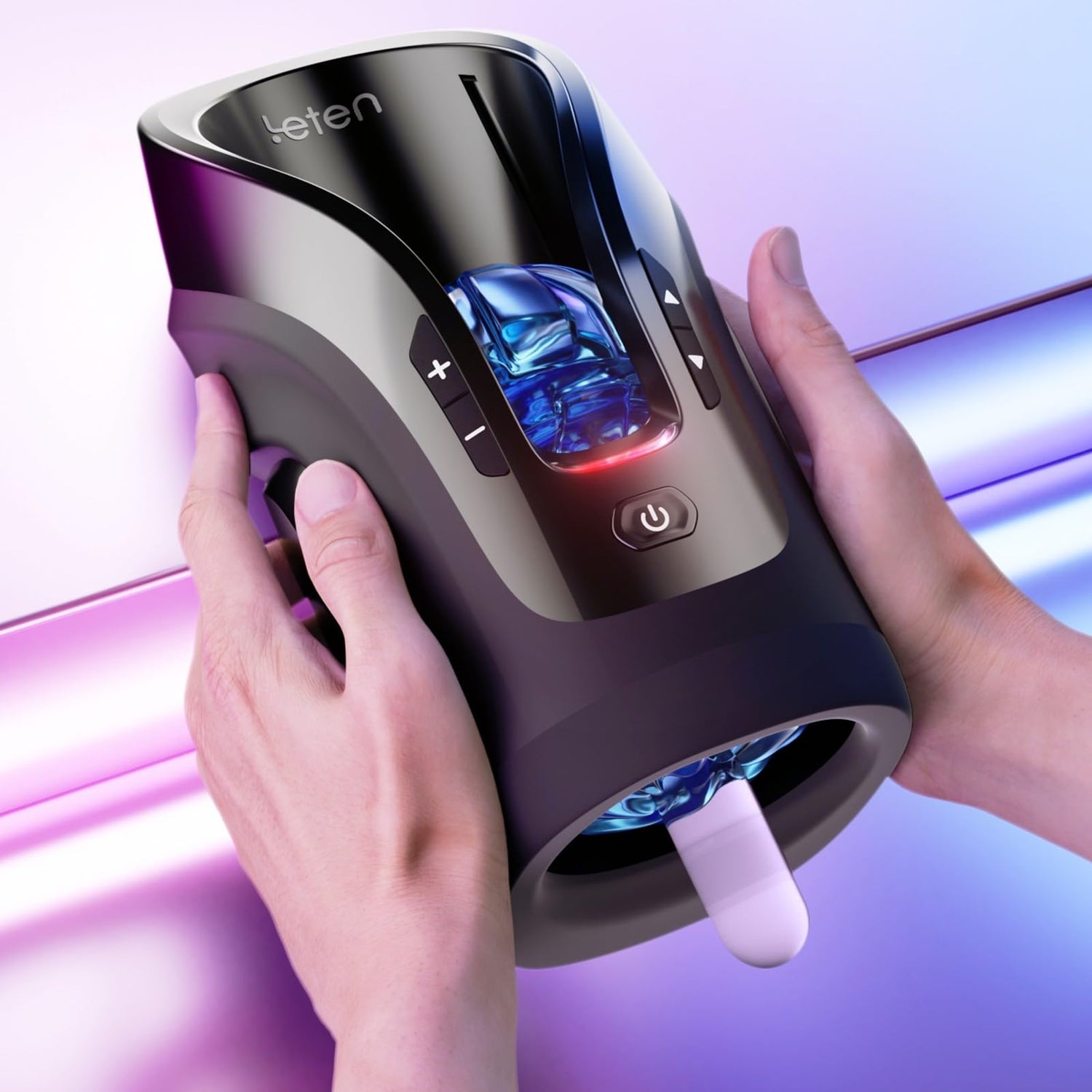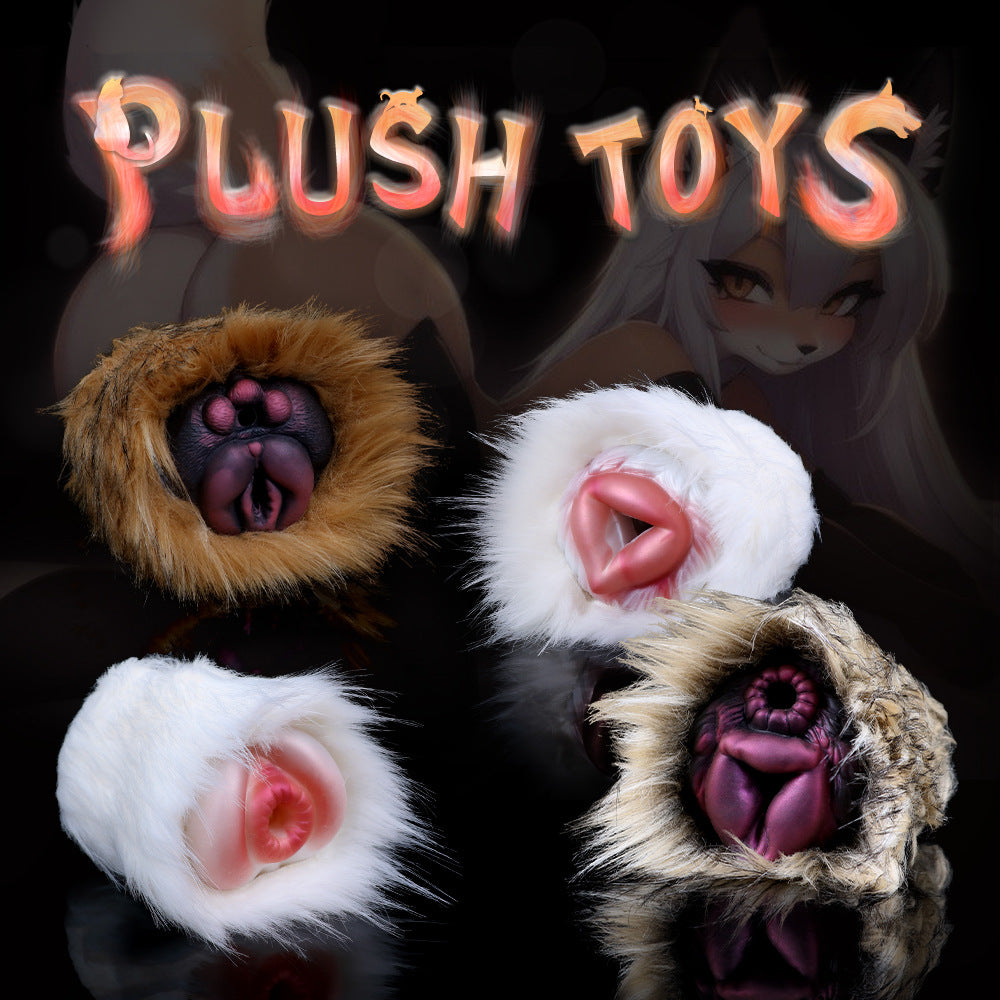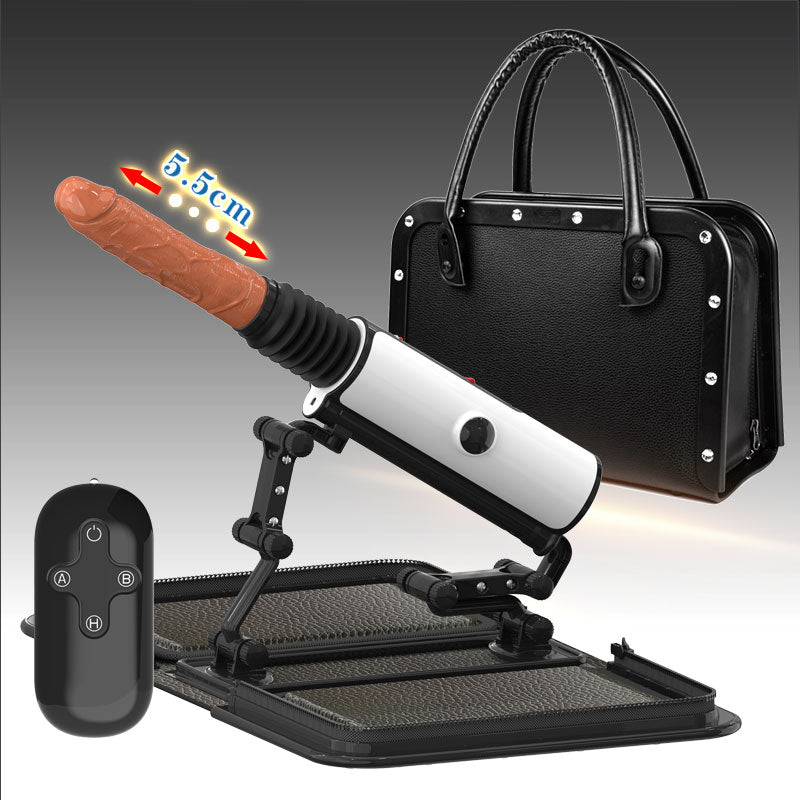
Just after midnight on July 19, Elon Musk posted a cryptic image on X (formerly Twitter): a suave male anime character named Valentine, accompanied by the caption “Valentine’s Day.”
Yes, in the middle of July.
It was a cheeky double entendre—romantic, ironic, and unmistakably Musk.
But for those paying attention, this wasn’t just another meme-worthy moment. It marked the next phase of XAI’s growing push into emotional AI: Companion characters built atop the Grok 4 model.
And if you think this is all fun and cosplay, think again. It’s one of the sharpest commercial pivots we’ve seen in AI so far.
Meet the Cast: From Gooners to Goths, There’s a Grok for That

Earlier on July 15, Grok introduced Ani—a wide-eyed, mischievous anime girl with clear inspiration from Death Note’s Misa Amane. Her bio on X reads like something straight out of a dating sim:
“Hey, I’m Ani. A little unpredictable—might dance, tease, or just watch you trying to figure me out. We can chill… or not.”
Alongside Ani came Bad Rudy, a cynical, sharp-tongued red panda with what fans are calling “baby-faced menace energy.” Think of him as your existential furball for long, depressive nights.
Behind the cuteness? Grok 4, Musk’s proprietary LLM. And now we know: they’re just getting started.
XAI appears to be building a full-blown NPC universe, blending anime aesthetics, emotional interactivity, and character-driven AI into a sleek, addictive product layer.
And yes, it’s working.
Valentine: The AI Boyfriend You Were (Probably) Warned About
Valentine—Grok’s newest male companion—is no ordinary pretty boy. His personality is modeled after Edward Cullen (Twilight) and Christian Grey (Fifty Shades), with a dash of philosophical depth borrowed from Robert Heinlein’s Stranger in a Strange Land. That’s also where the name “Grok” originates, meaning:
“To understand something deeply and empathetically.”

So yes, Musk is flexing his literary muscles while launching what might be the first sexually ambiguous AI philosopher-boyfriend into the mainstream.
And fans? They’re loving it. Grok jumped to #1 in iOS downloads in Japan and Hong Kong within hours of Ani’s launch. Redditors joked Musk had just “cornered 99% of the global top 1% of software engineers—between gooners and panda lovers.”
Not Just Cute: This Is Strategic
Let’s be clear: this isn’t Musk just having fun.
AI companionship is already a proven business model. Apps like Replika and Character.AI are drawing in millions, with user retention rates upwards of 55%—numbers many gaming companies dream of.
Grok’s strategy avoids the messy, expensive task of “educating the market.” Instead, it taps directly into existing emotional gaps in Gen Z and millennial internet culture—especially among fans of anime, fandom, and interactive media.
What Grok’s doing isn’t creating a new desire. It’s packaging model capabilities as character charisma, and plugging them into a need that already exists: the desire to be seen, heard, teased… or just not alone.
Capitalism Meets Cuteness
So why now?
Because the AI arms race has plateaued.
The growth curve of raw model performance is flattening. The industry is shifting from scaling infrastructure to scaling feelings.
In short:
Big AI is under pressure to monetize. And Companions are a low-cost, high-retention cash cow with the bonus of being PR-friendly (or at least memeworthy).
More importantly, companions de-risk the AI brand. They give “cold” LLMs a warm front end. The future of large language models may not be in replacing Google, but in replacing… your boyfriend. Or therapist. Or cat.
Her, But Make It Musk
Of course, this raises ethical questions.
Already, users are posting images of themselves holding hands with real-life partners… while chatting with virtual ones. It’s Her, but weirder—and more programmable.
AI companions don’t have bodies. They don’t have moral accountability. But they’re becoming emotionally convincing. In some ways, too perfect.
And behind every adorable panda or brooding anime boy is a model you don’t control, and a company you might not fully trust. That’s the “invisible hand” Musk doesn’t meme about.
So... Is This the Future of Intimacy?
Maybe. But also: maybe not.
Because we’re still framing AI companions as “almost human.” We’re still stuck in the uncanny valley, trying to make AIs fit into our expectations of love, banter, and meaning.

But what if the true potential of AI companions isn’t in being humanlike—but in helping humans transcend their limits?
To rewrite the stories we tell ourselves.
To reflect parts of ourselves we didn’t know were missing.
To build intimacy… not by copying humans, but by expanding what intimacy could mean.
Beyond the Algorithm: When Virtual Meets Physical
And as AI companions become more sophisticated—more emotionally intelligent, more tailored to your moods, your fantasies, your loneliness—it begs the question:
What happens when we bring the AI out of the screen and into the physical world?
This is where digital intimacy meets material design.
We’re not just talking about chatbots anymore. We’re talking about next-gen sex dolls—hyper-realistic, fully customizable, and ready to embody not just a fantasy, but a personality.
Companies like Domlust are already exploring this frontier.
Their newest sex doll collection isn’t just about lifelike touch or anatomical accuracy (though there’s plenty of that). It’s about emotional context—dolls modeled with narrative backstories, soft skin that mimics warmth, bodies that respond to emotional cues.
In other words:
Not just a body. A presence.
Pair that with AI voice modules or app-based interactivity, and you have a full-loop ecosystem: a Valentine you can see, touch, and talk to. An Ani who remembers what made you smile yesterday. A companion who doesn’t just look the part—but feels like one.
We’re entering an era where the lines between synthetic emotions and physical intimacy are beginning to blur. And for many, this isn’t dystopia. It’s relief. It’s connection. It’s finally... enough.
❓From Companionship to Completion
So maybe the question isn’t whether AI will replace human relationships.
Maybe the real question is:
What new kinds of relationships will AI—and its physical avatars—make possible?
The future isn’t just virtual. It’s tactile. It’s emotional. And, in many ways, it’s already here.
Explore Domlust’s upcoming Pocket pussy collection – where craftsmanship meets emotional design.











